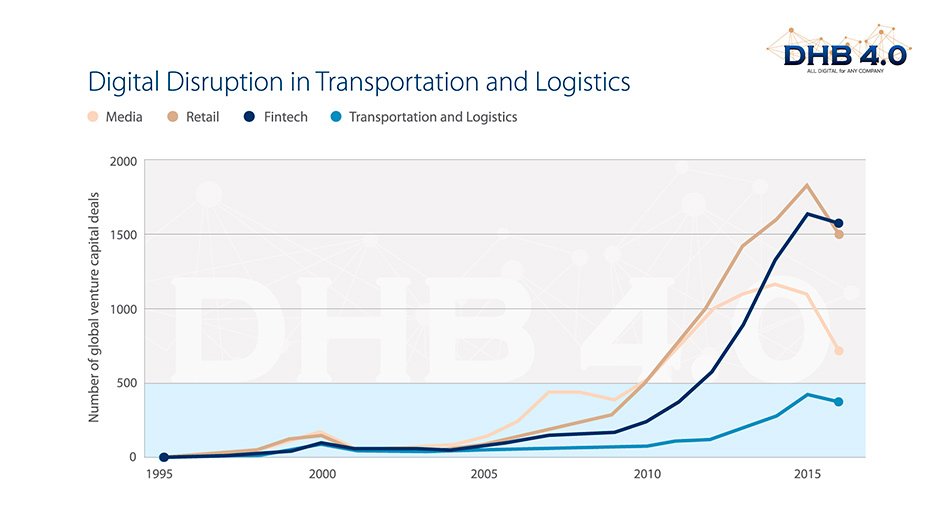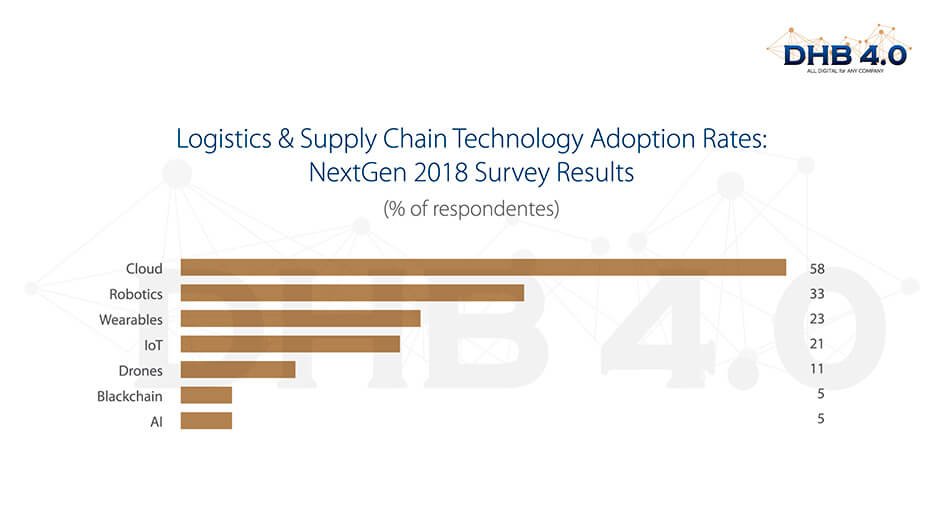According to a recent survey conducted by Forbes Insights, 65% of logistics, supply chain, and transportation executives acknowledge the necessity to revamp existing models and add flexibility to business operations in order to ensure omnichannel delivery, reduce costs and meet the ever-shifting consumer demand.
In fact, 72% of enterprises involved in planning, executing, and monitoring the flow of products from the point of origin to the point of consumption consider improved customer experience the key benefit of business transformation.
The path to increased operational efficiency and customer satisfaction lies in the digitalization of logistics workflows.

Driven by considerable advances in hardware and software development, as well as the surging global economy, regulations and heavy competition, 62% of business leaders surveyed by Forbes admitted that their companies were undergoing Digital Transformation at the time.
With the supply chain being a goldmine of structured and unstructured data, it seems only natural that the Internet of Things, Artificial Intelligence, and blockchain are considered the key drivers of Digital Transformation in logistics, supply chain management, warehousing, and transportation.

By gathering the information generated by connected equipment and logistics software and matching the data against Machine Learning models implemented in the cloud, businesses can achieve greater supply chain transparency and dramatically reduce operating expenses.
Although cloud computing adoption rates across the sector topped 50% last year, a little over 20% of businesses involved in logistics and supply chain management work with IoT software companies to fast-forward their Digital Transformation initiatives, while only 10% of logistics companies rate their data processing and analytics capabilities as advanced.

The blueprint for transformation draws upon three key digital actions: develop new business models and offerings, digitalize core operations, and build a robust internal digital foundation. The success model for logistics organizations requires a number of inputs. Some of these include:


North America: +1 (645) 221.6090
Europe: +351 (920) 799.717
LATAM: +55 (19) 9 8251.9536